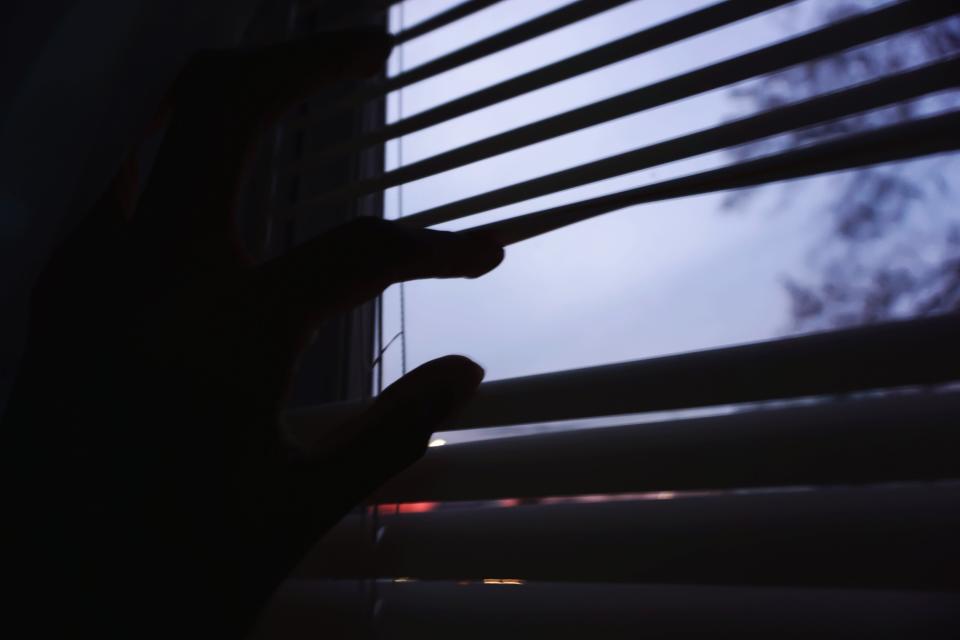Campus Voyeurism: Better reporting, support systems needed - students
Incidents of voyeurism on campus have come into the spotlight recently, in the wake of the National University of Singapore saga after undergraduate Monica Baey spoke publicly about her traumatic experience as a victim.
Universities in Singapore have released statements to say that they are taking the issue very seriously and have implemented measures to tackle it.
In Parliament and on social media, Education Minister Ong Ye Kung stressed the need for firm measures by universities to improve campus safety and support for victims of sexual misconduct.
In this three-part series on campus voyeurism, Yahoo News Singapore looks at the issue from the perspective of undergraduates who are studying in Singapore.

By Linette Heng and Isabelle Liew
SINGAPORE — A spate of Peeping Tom incidents at tertiary institutions here have cast the spotlight not just on the crimes themselves and how they are managed, but the systems of reporting and victim support that are in place at universities.
In Parliament last week, Education Minister Ong Ye Kung pointed to the need for this to be addressed.
“The most important priority now is for the autonomous universities to see how they can do better, and take concrete steps to improve campus safety and their victim support frameworks and processes,” he said.
The November incident involving National University of Singapore (NUS) student Monica Baey, who took to social media in April after being filmed in her hostel shower, showed up how the various avenues she had turned to for help - including the university - had failed her. She had to deal with the police on her own, and had “incomplete information” from the university, she said.
At a Town Hall held by NUS on 25 April, she called for a separate office to handle sexual assault cases, a 24-hour support hotline, and avenues for administrative and emotional support.
But it is not just NUS that lacks the kind of resources victims need, students say.
Meera Mathialagan, 21, a third-year social science student at Singapore Management University, says schools must create a “safe environment for students to speak up and seek help”, and that she is unaware of her school’s policies or support systems that are in place.
Zhang Jing Yu, 21, a first-year student at Singapore University of Technology and Design, where a review of the Student Disciplinary Framework is underway, also welcomes more clarity on what victims can do, and for her school to have a Town Hall as NUS did, so students can voice their concerns.
Since the NUS incident made headlines, tertiary institutions have come out to say they will do more, and have tried to make clearer what is already in place.
NUS said in an email to students in early May that it will set up a Victim Care Unit in August. SUTD said it has counsellors and residential life staff at hand to help affected students, and to “identify and surface red-flags if they suspect that a hostel resident is a victim of sexual harassment”. The Singapore University of Social Sciences and Singapore Institute of Technology (SIT) both have security hotlines for students reporting incidents, as well as avenues for victim counselling.
Punishments to deal with Singapore’s rising incidence of voyeurism have been stiffened after the Criminal Law Reform Bill was passed on 6 May. Voyeurs could face up to two years in jail, caning, and a fine for each charge, possibly more if the victim is under 14. Previously, the maximum penalty was up to one year in jail and a fine. The number of reported cases of voyeurism rose from 150 in 2013 to 230 in 2017.
Students want similar clarity on consequences for school voyeurs so they act as deterrents, they said.
Mathialagan said, “If we have explicit rules in place to prevent cheating, why don’t we have rules to prevent acts of sexual misconduct? Cheating could result in expulsion in SMU, but it’s not clear what the rules are for sexual misconduct.”
Final year NTU communications student Candy Choo, who took to Instagram to highlight a series of sexual harassment cases that took place on campus last year, told Yahoo News Singapore that the university had reached out to her after her critical posts.
In her posts, she called out the university for how long it took to deal with cases, and for victim blaming, among other things.
“They did not reveal the consequences of the actions. It was more about asking me to trust the system. There should be more transparency.”
Shirida Sailli, a second-year student at SIT, took it a step further, suggesting that students be notified of all sexual misconduct cases.
“In the US, there is a sex offenders registry. It is not about naming and shaming. People should know so that they can be alert.”
Read the first story in this series here: Campus Voyeurism: I went public to get the wheels turning - molest victim
And the second: Campus Voyeurism: How can we feel safer? - students
Related stories:
NUS undergrad charged for criminal trespassing, insulting modesty of woman
56 sexual misconduct cases handled by autonomous universities in past 3 years: Ong Ye Kung
NUS Review Committee proposes tougher sanctions for sexual misconduct offences
Over 300 NUS students issue letter to criticise town hall meeting on sexual harassment

